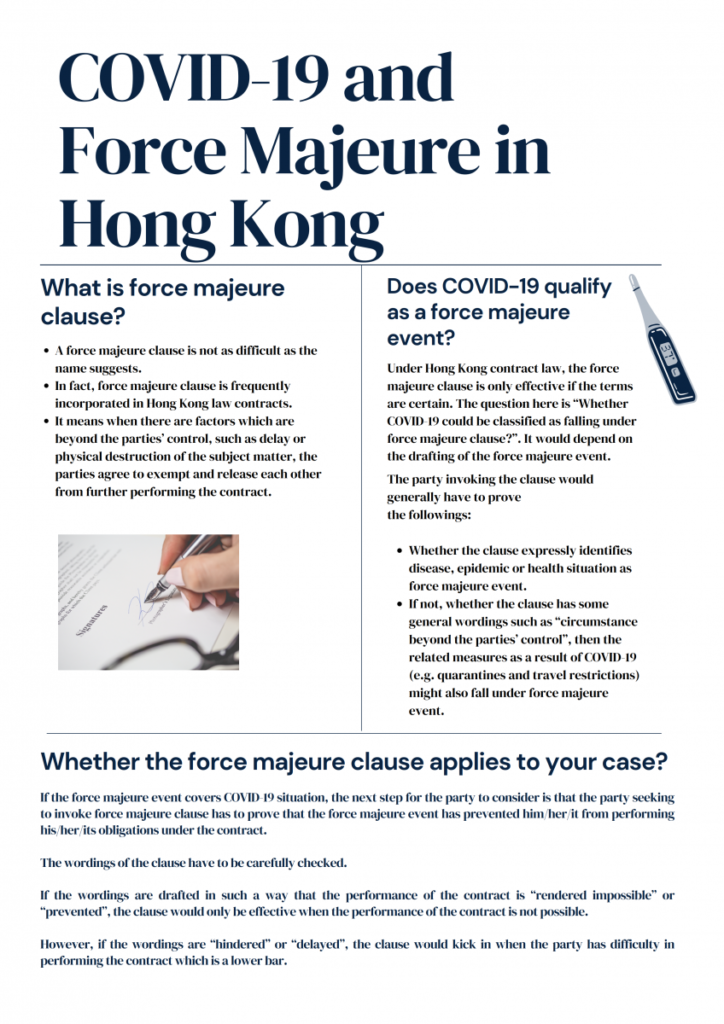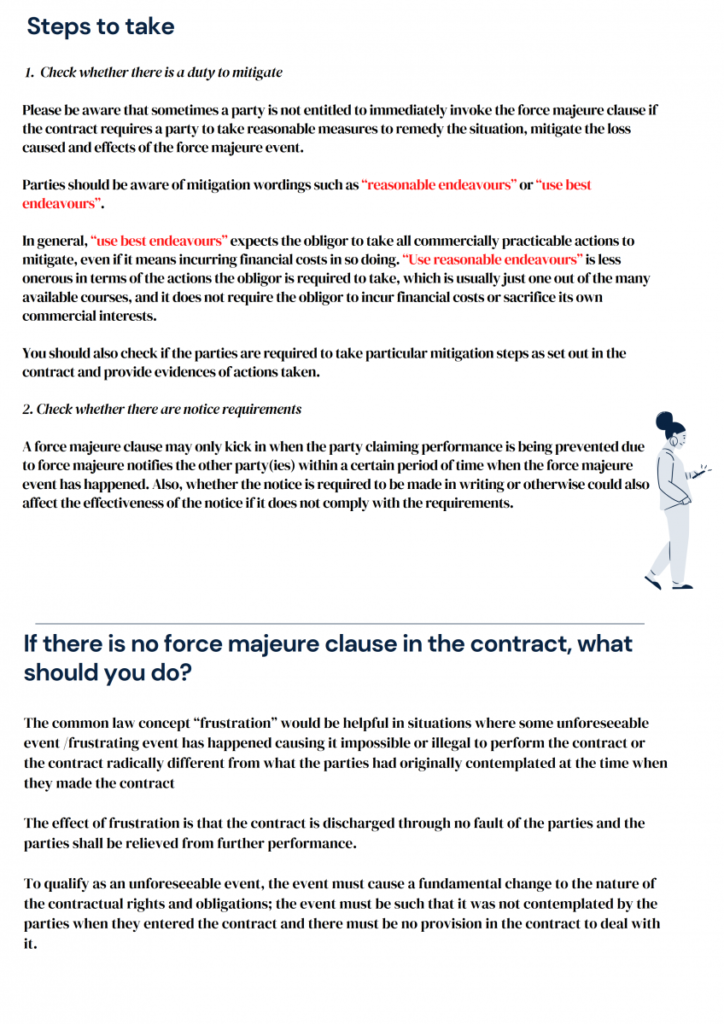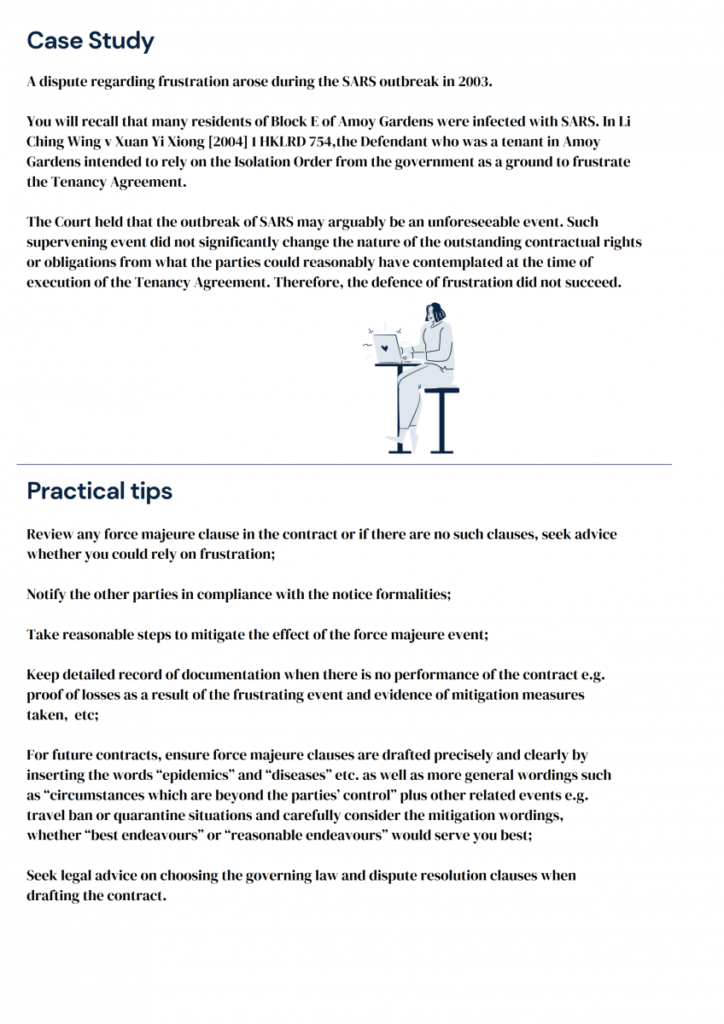Oldham, Li & Nie is pleased to be shortlisted as finalist in the following six categories:
- Managing Partner of the Year – Gordon Oldham
- Young Lawyer of the Year – Anna Chan
Firm of the Year categories:-
- Civil Litigation Law Firm of the Year
- Intellectual Property Law Firm of the Year
- Labour and Employment Law Firm of the Year
- Restructuring and Insolvency Law Firm of the Year
Congratulations to the teams!
For more information, please visit the link here: https://www.legalbusinessonline.com/law-awards/alb-hong-kong-law-awards-2020?utm_source=ALB+ALL+-+Events&utm_campaign=aa8ef9ecfe-EMAIL_CAMPAIGN_2020_01_24_03_11_COPY_01&utm_medium=email&utm_term=0_c7f887c850-aa8ef9ecfe-55528184#edit-group-finalists
 Suite 503, 5/F, St. George's Building, 2 Ice House Street, Central, Hong Kong
Suite 503, 5/F, St. George's Building, 2 Ice House Street, Central, Hong Kong +852 2868 0696
+852 2868 0696












